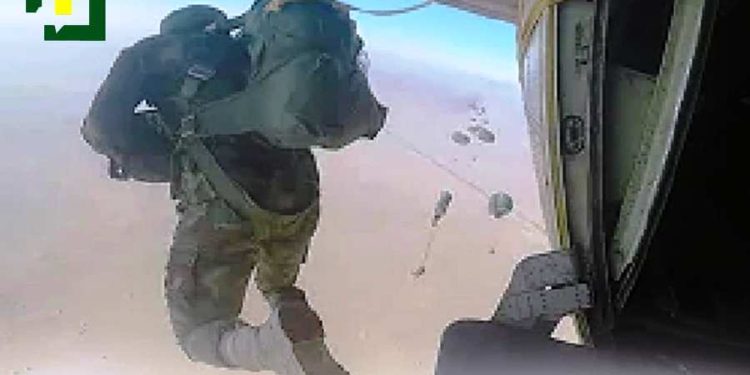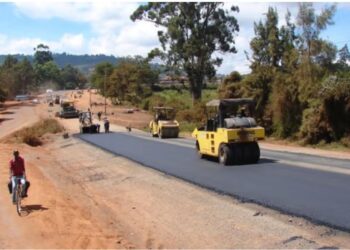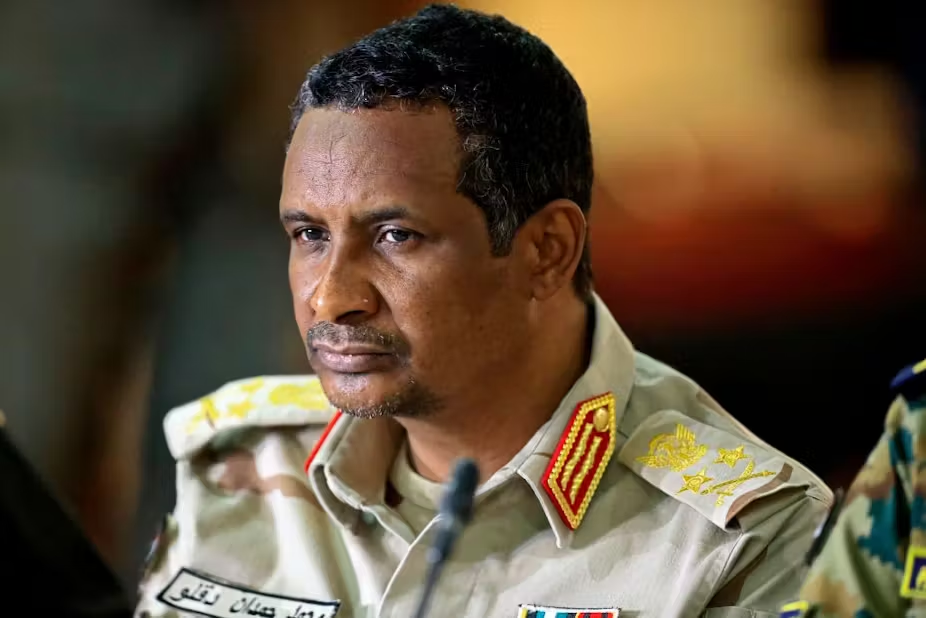By SUDAN TRIBUNE
January 27, 2024 (KHARTOUM) – Fierce clashes erupted between the Sudanese army and the Rapid Support Forces (RSF) in Khartoum Bahri, north of the capital, on Saturday, marking the most intense fighting in months. Following the clashes, the army seized control of strategic positions previously held by the RSF.
The city of Bahri had largely remained untouched by the ongoing conflict in Khartoum due to the RSF’s firm grip on the area. However, the city’s tranquillity was shattered as the army launched a series of offensive operations against RSF positions across the city.
Military sources informed Sudan Tribune that army units launched a dawn raid on RSF positions in Kadru and surrounding areas, inflicting significant casualties on both personnel and military vehicles.
The sources further revealed that the army successfully captured the main RSF headquarters in the Kadru suburb, along with the Al-Jawafa bridge connecting Kadru to the Al-Jaili refinery.
The sources also indicated a substantial deployment of army forces from the Signal Corps to Bahri’s Industrial Street and their enhanced presence in neighbourhoods like Napata, Al-Droshab, and Samarab, which had historically witnessed a heavy RSF presence. They also reported the involvement of paratroopers in the operations, for the first time since the breakout of the conflict.
Saturday’s attacks aimed to isolate the RSF forces that hold control over the Al-Jaili refinery, and to prevent the use of Khartoum Bahri’s farms as launchpads for artillery attacks targetting the Karari military area in Omdurman. According to military experts close to the army, the operation achieved its desired objectives.
In contrast, platforms affiliated with the RSF sought to downplay the extent of their losses, claiming that a major army attack had been repelled and that the attacking force had suffered heavy casualties.
Eyewitnesses reported to Sudan Tribune that Sudanese army drones and fighter jets targeted numerous RSF sites, including large swathes of Halfaya, positions near the Manshiya Bridge, various locations in the eastern Nile, and neighbourhoods in southeastern Khartoum. These airstrikes were aimed at disrupting RSF supply lines to the fighting zones.
Meanwhile, heavy artillery fire from army bases in northern Omdurman heavily bombarded both fixed and mobile RSF targets across Bahri neighbourhoods. Residents reported hearing loud and unusual explosions emanating from various parts of Khartoum, Bahri, and Omdurman.
Volunteers confirmed that the intense artillery shelling on the Shambat suburb resulted in the deaths of four civilians and injuries to others, caused by shells randomly falling on civilian homes.
In recent weeks, the army has adopted a new strategy of attacking RSF positions, having previously focused on defending its main military bases from the RSF’s relentless assaults.
The ongoing conflict between the army and the RSF is nearing its tenth month, with the scope of confrontations expanding. Despite mounting international and regional pressure on both sides to cease hostilities, they remain entrenched in their positions, hoping to achieve a decisive military victory.
(ST)







Discussion about this post